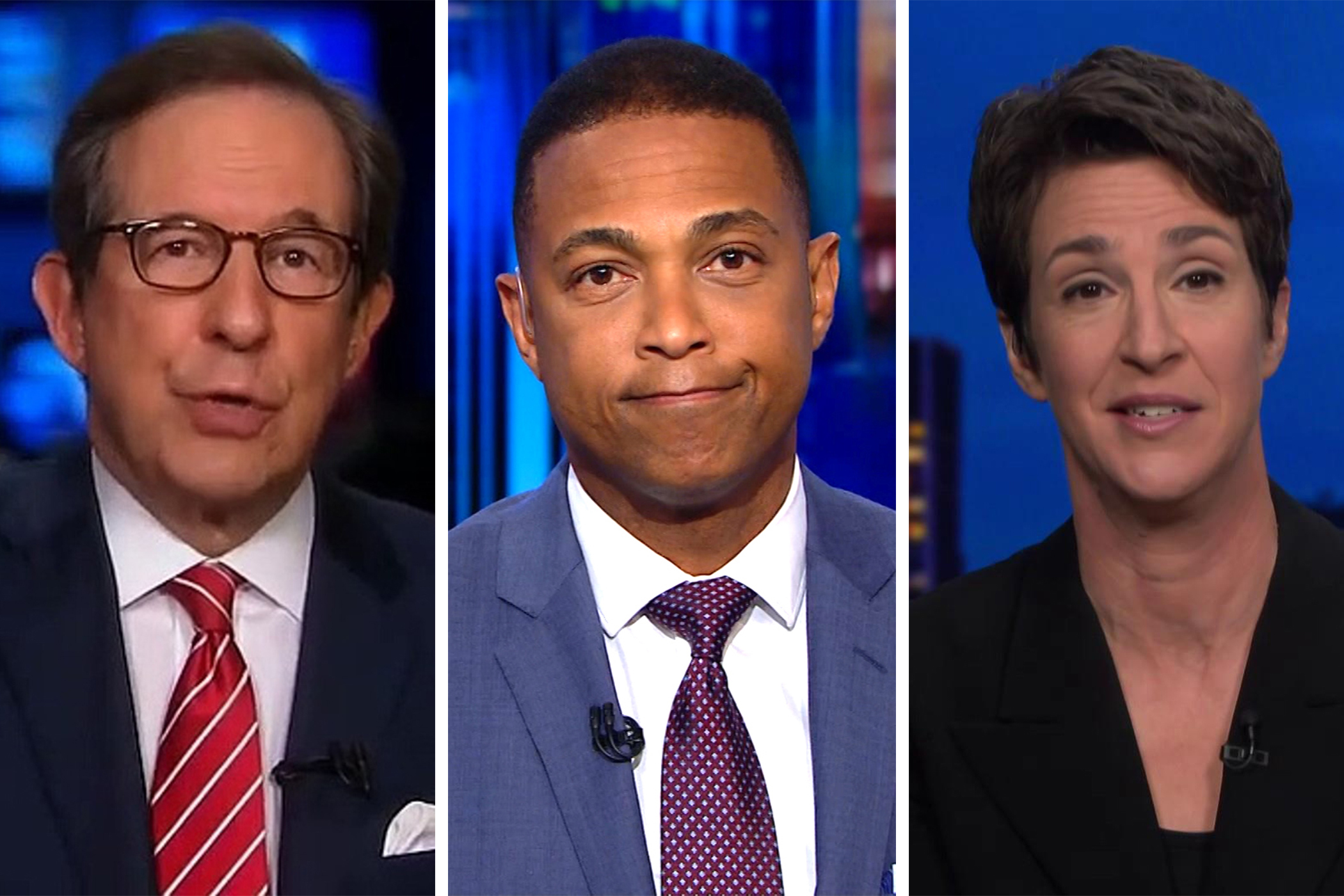On the January 15, 2021, episode of Real Time With Bill Maher, Maher spent much of the episode’s second half discussing politics with panelists Katie Couric and Matt Jones. That, in and of itself, wasn’t surprising — and both Couric, a veteran broadcast journalist, and Jones, who pivoted from sports coverage to a role as Mitch McConnell’s ideological nemesis, had plenty to say. But much of what the trio had to say was relatively simpatico with one another: frustrations with the Trump administration and concern over the effects of his time as President being the primary topics of discussion.
That’s been the case with respect to many of Maher’s guests leading up to (and in the weeks following) the 2020 election: a focus on the Trump administration and Trump’s well-documented cult of personality. And while Maher’s show isn’t the only example of this, it is one where guests have hailed from all over the political spectrum. In theory, that should translate to rich, challenging conversations about policy and legislation — the tactical schemata by which our country is ultimately governed. But since last fall, there hasn’t been nearly as much discussion of actual policy as a veteran political news consumer might expect.
There have, of course, been some notable exceptions. Both Bernie Sanders and Andrew Yang brought up specific policy points during their appearances on the show, and Maher himself raised public policy questions in the “New Rules” segment of the January 15 episode. But by and large, Maher’s show and those of his competitors have gravitated around the same topic they have for the better part of four years: Trump
A question looms in the background of the beginning of Joe Biden’s time in the White House: What effect will it have on policy discussions? It’s not hard to see the appeal for some cable programmers to continue leveling their focus on Donald Trump, or to maintain heated discussions around “cancel culture,” civil unrest and social-media scandals. The bitterness and conflict that Trump’s time in office occasioned translated to record-breaking ratings across news media. It is, after all, a for-profit business, and words like filibuster and supplemental appropriation don’t always sell.
Building a political cable show around policy debates isn’t necessarily easy. With a president as polarizing as Donald Trump in power, a producer can simply assemble an array of talking heads united by their fondness for, or dislike of, the head of state. Venturing into serious (or at least more serious than usual) policy discussions means asking an audience to think more critically — and asking guests to answer questions that might take them in unexpected directions.
One subject that comes to mind as an example is the role of monopolies in American life. It’s of particular interest because support of or opposition to monopolies doesn’t necessarily fall along traditional right-left lines. Might we see a future Real Time episode feature Amy Klobuchar, whose forthcoming book Antitrust: Taking on Monopoly Power from the Gilded Age to the Digital Age is a high-profile take from a sitting Senator on this issue? Given that Klobuchar has appeared on the show before, it doesn’t seem implausible — and it could make for an enlightening discussion.
This isn’t to say that there aren’t interesting discussions on policy happening right now — they just don’t tend to happen in the cable television space. Podcasts like Vox Media’s The Weeds and The New York Times’ The Argument both offer spaces for smart thinkers across the political spectrum to discuss policy at length, and there are countless others doing similar work. And while podcasting might lend itself to policy discussions better than most mediums, that doesn’t mean that there isn’t room for cable news to prompt similar conversations.
Maher’s conversation with former FBI counterterrorism head Frank Figliuzzi on the January 22 episode of Real Time offered an encouraging glimpse of what a more policy-focused debate might look like. Maher and Figliuzzi shared concerns about the Capitol breach, but their discussion of whether or not new domestic terrorism laws were needed struck welcome chords. Their discussion found Maher questioning Figliuzzi about the necessity of such laws, and Figliuzzi riposting him with enthusiasm.
There is no shortage of intelligent work being written, both in print and online, about political policies. Besides the overall appeal of hearing people parry ideas back and forth, there’s another vital reason to bring more policy discussions into the spotlight. The more people understand about policy, the better equipped they’ll be to hold their elected officials to task for the state of the world — and take a more engaged role in politics, both on a local and national level.
This article was featured in the InsideHook newsletter. Sign up now.
